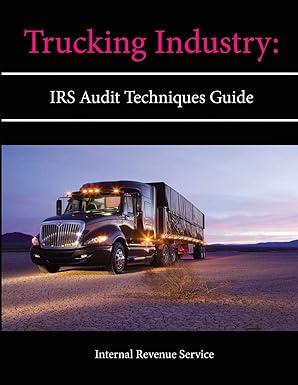Question
Oxford Company has two divisions. Thames Division, which has an investment base of $80,000,000, produces and sells 900,000 units of a product at a market
Oxford Company has two divisions. Thames Division, which has an investment base of $80,000,000, produces and sells 900,000 units of a product at a market price of $140 per unit. Its variable costs total $40 per unit. The division also charges each unit $70 of fixed costs based on a capacity of 1,000,000 units.
Lakes Division wants to purchase 200,000 units from Thames. However, it is willing to pay only $80 per unit because it has an opportunity to accept a special order at a reduced price. The order is economically justifiable only if Lakes can acquire Thames output at a reduced price.
Division managers are evaluated using residual income using a 13 percent cost of capital.
Required:
a. What is the residual income for Thames without the transfer to Lakes?
b. What is Thamess residual income if it transfers 200,000 units to Lakes at $80 each?
c. What is the minimum transfer price for the 200,000-unit order that Thames would accept if it were willing to maintain the same residual income with the transfer as it would accept by selling its 900,000 units to the outside market?

Step by Step Solution
There are 3 Steps involved in it
Step: 1

Get Instant Access to Expert-Tailored Solutions
See step-by-step solutions with expert insights and AI powered tools for academic success
Step: 2

Step: 3

Ace Your Homework with AI
Get the answers you need in no time with our AI-driven, step-by-step assistance
Get Started


